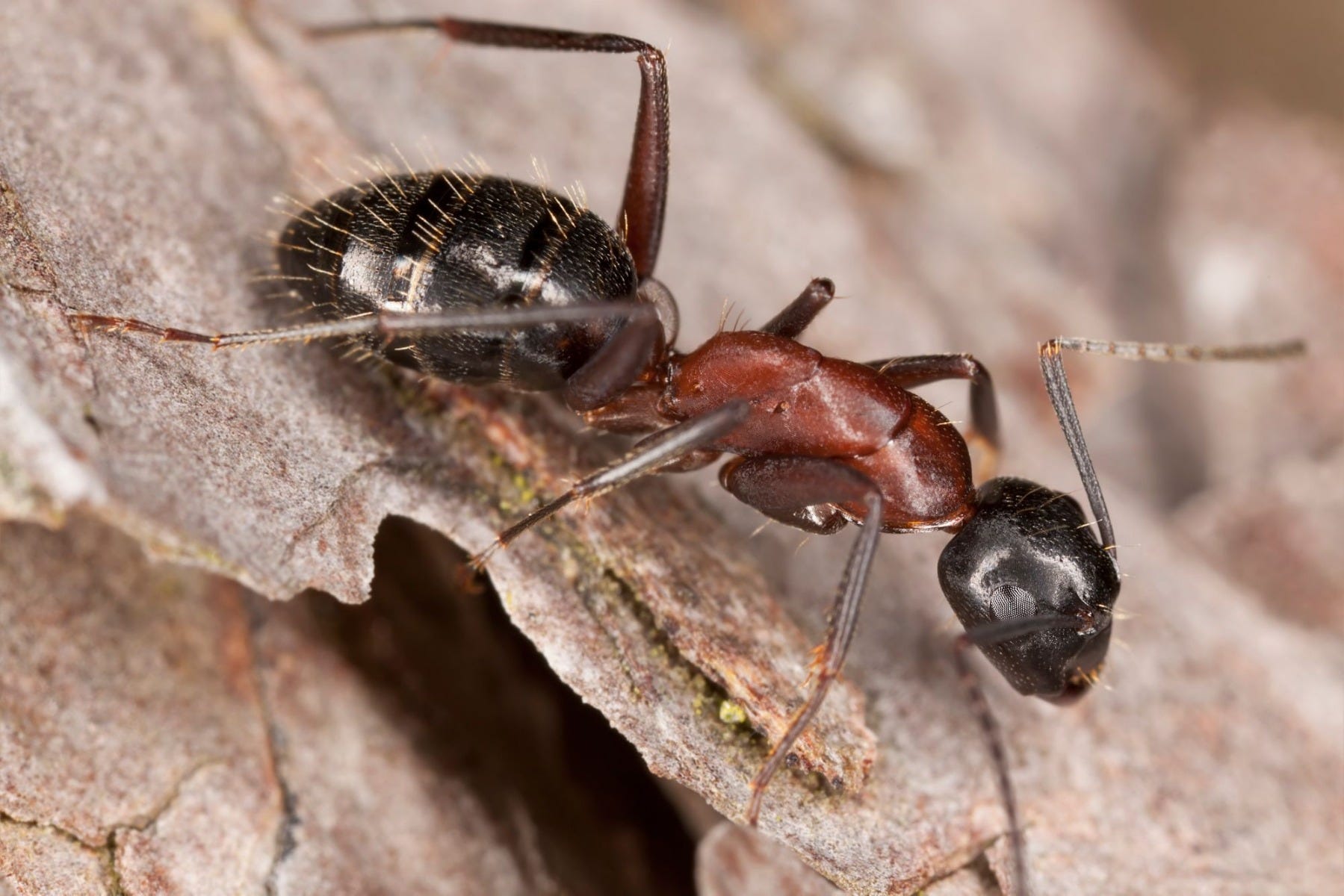Environmental Influence of Pest Control: Balancing Effectiveness With Sustainability
The ecological impact of bug control is an essential issue that needs a delicate balance between attaining effectiveness in ensuring and managing insects sustainability of our ecosystems. From the use of dangerous chemicals that permeate right into our dirt and water to the unplanned consequences on non-target species, the repercussions of conventional insect control methods are significant.
Unsafe Chemicals in Pest Control
The utilization of hazardous chemicals in bug control postures substantial environmental and health and wellness risks that necessitate careful consideration and reduction approaches. Chemicals, pesticides, and herbicides are typically made use of to get rid of bugs, however their extensive application can lead to unintentional consequences. These chemicals can infect dirt, water sources, and the air, affecting not just the targeted bugs however also helpful bugs, wildlife, and human beings.

To address these threats, integrated parasite monitoring (IPM) methods are being promoted as a much more sustainable alternative. IPM involves a mix of approaches such as organic control, habitat control, and the targeted use pesticides as a last resource (ant control weddington nc). By embracing an alternative method to pest control, we can minimize the ecological and wellness effects connected with damaging chemicals while efficiently managing pest populaces
Effect On Non-Target Types
Thinking about the unexpected effects of bug control methods, the effect on non-target varieties is a crucial element that needs extensive examination. While parasite control actions intend to target certain pests, various other microorganisms in the community might be unintentionally influenced. Non-target species, consisting of useful pests, birds, animals, and also plants, can suffer indirect or direct damage from chemical applications or biological control techniques.
Pesticides created to deal with a particular insect pest may harm pollinators like bees or natural predators such as ladybugs. Biological control agents, if not species-specific, can position dangers to unexpected targets, interrupting the environmental equilibrium.
To minimize the impact on non-target types, incorporated bug monitoring (IPM) approaches that stress an all natural approach to pest control are recommended. These methods prioritize using ecologically pleasant techniques, reducing damage to valuable organisms while properly taking care of pest populations. Conducting detailed danger analyses and checking the outcomes of pest control efforts are necessary actions in protecting non-target varieties and promoting overall ecosystem health.
Soil and Water Contamination
Unintentional ecological consequences of insect control approaches extend beyond affecting non-target varieties, with significant ramifications for dirt and water contamination - ant control services. Chemicals, herbicides, and chemical fertilizers utilized in insect control can seep into the soil and infect groundwater, posing a danger to both earthbound and water ecological communities.
Water contamination is another important problem connected with pest control methods. To mitigate soil and water contamination from parasite control activities, incorporated pest monitoring strategies that focus on sustainability and minimize chemical inputs are important.
Air Contamination From Chemical Usage
Exposure to airborne chemicals during agricultural applications positions a significant problem for air pollution control procedures. Additionally, chemical drift, where chemicals are lugged by the wind to unintentional locations, can lead to the contamination of close-by ecosystems and water bodies.

Methods for Lasting Parasite Control
In the realm of farming methods, implementing lasting insect control methods is paramount for keeping eco-friendly balance and guarding crop returns. Lasting parasite control highlights making use of eco-friendly approaches to take care of bug populaces successfully while decreasing injury to non-target microorganisms and ecosystems. Integrated Pest Monitoring (IPM) is a widely embraced approach that integrates organic, social, physical, and chemical control approaches to attain long-lasting insect administration options.
One key method in sustainable insect control is promoting biodiversity within agroecosystems. By improving all-natural adversaries of parasites, such as parasitoids and predators, farmers can minimize the demand for synthetic pesticides. Plant rotation and diversity are also reliable techniques to interfere with pest life process and develop much less favorable problems for pests to thrive. In addition, utilizing pest-resistant plant ranges and utilizing techniques like trap chopping can help in reducing parasite stress without relying greatly on chemical interventions. Eventually, by integrating these sustainable parasite control strategies, farmers can achieve an equilibrium between pest management performance and environmental stewardship.
Conclusion
Finally, the ecological impact of bug control methods need to be carefully thought about to stabilize performance with sustainability. Dangerous chemicals used in insect control can cause dirt and water contamination, air pollution, and damage non-target varieties - ant control services. It is vital to implement sustainable insect control approaches to minimize these negative impacts on the atmosphere and advertise a much healthier ecosystem for future generations
By embracing an alternative strategy to pest control, we can decrease the environmental and health effects connected with unsafe chemicals while effectively handling pest populations.
To mitigate the air contamination triggered by chemical use, it is necessary to adopt incorporated pest administration strategies that prioritize the usage of non-chemical pest control techniques, such as plant rotation, natural killers, and immune crop ranges. Lasting pest control highlights the usage of environmentally friendly approaches to manage bug populaces effectively while lessening injury to non-target organisms and communities. Integrated Bug Management (IPM) is a widely embraced strategy that combines biological, cultural, physical, and chemical control techniques to attain lasting pest management options.
Comments on “Advanced Termite Control: Proven Techniques for Getting Rid Of Termite Infestations”